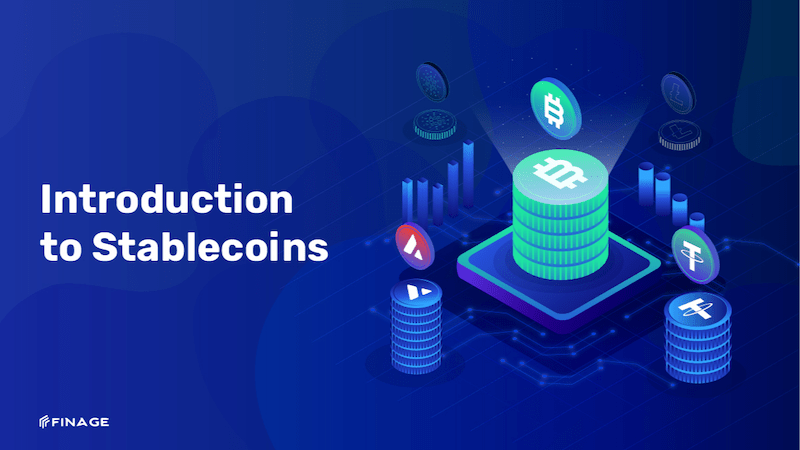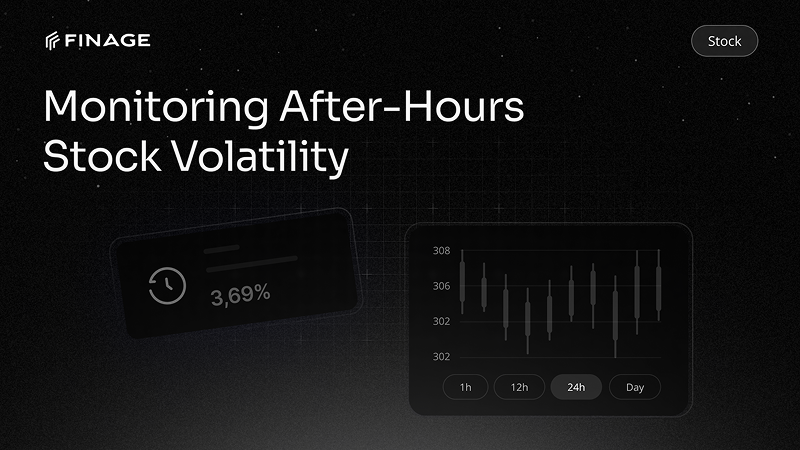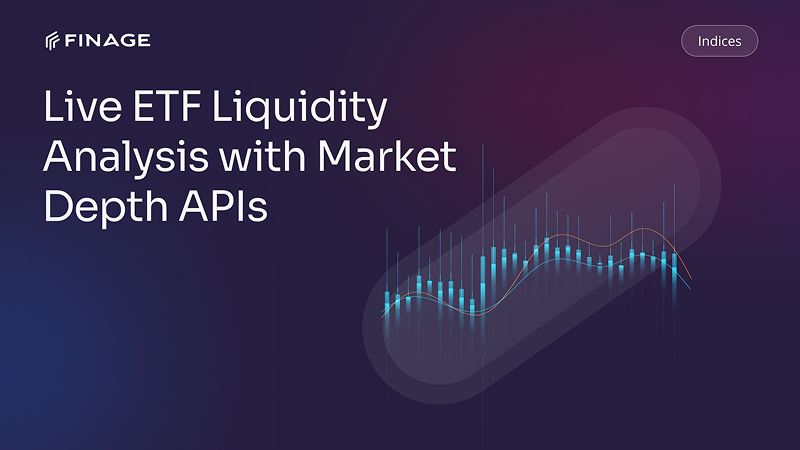Guide & Introduction to Stablecoins
5 min read • March 6, 2023

Introduction
Cryptocurrency seems to be the most talked about commodity in today’s market and this is for better or worse. On one hand, it could do incredibly well and on the other, it could drop significantly. In short, the crypto market is about as volatile a field as we have ever seen. However, there seems to be one alternative that brings the best of crypto, but without any of the high levels of volatility, and it is known as a stablecoin.
The word stablecoin appears to hint at how the whole thing works, but there is more to it as it includes the different varieties that you may encounter. As such, a guide through this subject is needed to better understand the general crypto market.
Contents:
- How to Define Stablecoins
- Variations of Stablecoins
- Collateral-based Stablecoins
- Algorithm-based Stablecoins
- Using Stablecoins
- How Stablecoins Become Profitable
- Final Thoughts
How to Define Stablecoins
Any form of cryptocurrency whose value is fairly constant over some time and is connected to the performance of a latent asset can be described as a stablecoin. As mentioned earlier, they bring everything that regular crypto does, but sidesteps the chaos to an extent, making them seem to be a legitimate alternative.
A way to properly gauge how good an alternative stablecoin is to look at regular cryptocurrency and how it works. If you look at Bitcoin, for example, its price could rise and fall in an instant based on a whole host of factors such as:
- Demand
- Supply
- Competition
These changes aren’t small either as even the seemingly insignificant drops could cost billions of dollars, something that 2022 has seen in abundance. Stablecoin on the other hand doesn’t see anywhere near this level of volatility because it latches itself to latent assets which usually come in the form of Fiat currency. The US dollar is one such currency and though it does see its fair share of turmoil, its value typically stays close to a certain average.
Variations of Stablecoins
There are a variety of currencies and commodities that any stablecoin can attach itself to and this means that various systems are built to keep them stable. Two such systems employ the use of algorithm-related formulas and the maintenance of assets to be used as collateral.
Collateral-based Stablecoins
This variety works to keep the coin’s value constant by using other assets as collateral, thus building a support structure. Said collateral will also be drained should the person holding the stablecoin wish to turn their tokens into cash. There are several examples of this type of stablecoin with some of the most prominent being the following:
- USD Coin
- Tether
- DAI stablecoin
The first two are prime examples of collateral-based stablecoins as their reserves are billions of dollars deep. In the case of the USD Coin, its reserves are kept in the US treasury, which means that its value hardly changes. However, both examples come with a lot of doubt because it can be difficult to track how much the reserves surpass the liabilities.
Cryptocurrency itself can be used as collateral and DAI stablecoin is the prime example of a coin that goes this route. The dollar is its primary backer, but Ethereum and other coins do the same, which may bring up the issue of the stablecoin being increasingly volatile.
Algorithm-based Stablecoins
With this variety, the maintenance of value is primarily based on control over the token’s supply, which is handled by specific algorithms. Similar to its collateral-based stablecoin the examples of it should work in theory but have their issues.
In this case, TerraUSD is the prime example of an algorithm-based stablecoin and it initially saw a great peak. This changed however because its value was linked to how the algorithm minted and burned its accompanying coin. This brought its downfall as eventually it was stopped and incapable of pegging.
Using Stablecoins
Because they are somewhat of a blend of crypto and commodity or fiat worlds, stablecoins operate in a way that incorporates them both. In fact, they allow for a bridging of the gap between even other cryptocurrencies just because they can be pegged by them.
With the added stability of a commodity like gold or a currency like the US dollar, stablecoins can also operate with every benefit possessed by regular crypto. The following are just a few of the benefits:
- Immediate transfers
- Low fees
- International transactions
These typical crypto benefits are coupled with the ability to keep their money’s value as an asset that is tied to any currency with some stability. All this is available, but the one thing that will be mostly missing is the highly chaotic nature of the crypto space.
How Stablecoins Become Profitable
With all this information presented to you, questioning the profitability of stablecoin is completely valid. That said, there are a few ways in which investors can make some money and one such way is for them to directly charge fees for issuance and redemption. Based on the type of stablecoin used, this could lead to risks of other parties failing or refusing to meet their end of the bargain, which is true for centralized tokens.
Another way of making money is the more decentralized route that features the sale of governance coins to give those buying control over the stablecoin’s future. However, this decentralized nature often means that methods often vary depending on the coin.
Final Thoughts
Faith in any kind of crypto has waned on quite a level in 2022 and the consensus is that it is safer to invest in anything but it. However, a stablecoin is an alternative that if working correctly, should be able to achieve everything the regular cryptocurrencies like Bitcoin and Ethereum can.
The massive decrease in volatility for stablecoins does provide some certainty, but they are not free from risks. Anyone looking to invest in stablecoin should be aware that these tokens are capable of shutting down completely at their worst because they may lack transparency. However, they can be quite the enticing crypto alternative.
You can get your Real-Time and Historical Cryptocurrency Data with Finage free Crypto Data API key.
Build with us today!
Claim Your Free API Key Today
Access stock, forex and crypto market data with a free API key—no credit card required.

Stay Informed, Stay Ahead
Finage Blog: Data-Driven Insights & Ideas
Discover company news, announcements, updates, guides and more


